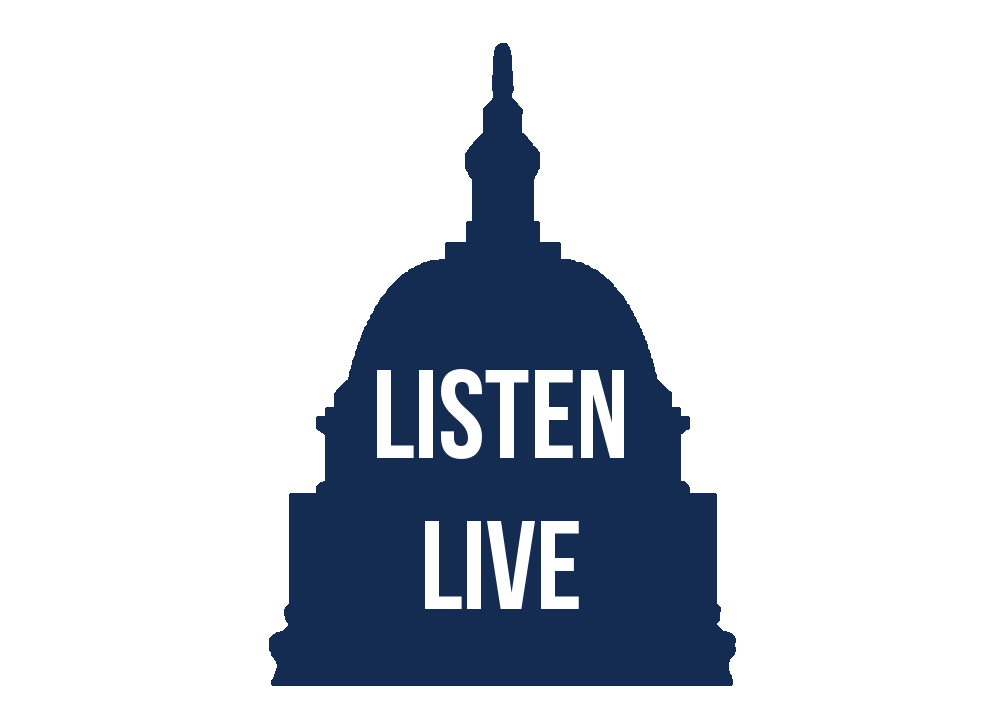The NCAA vs. New Markets in the Time of Coronavirus
- Mar 19, 2020
- 4 min read
BY MAX GREENHALGH

As quarantines and economic collapse seem like they just might be right around the corner, I’ve decided to cope with the most stressful situation of my lifetime the only way I know how: speculating about how this situation might impact the sports world in the future. After a bit of thinking, I’ve determined this: assuming that the human race, America as a sovereign nation, and capitalism all manage to survive the COVID-19 pandemic, the NCAA will be under a great deal of pressure to make some big, positive changes in the near future if it wants to maintain its ability to hold onto top tier athletes.
The coronavirus outbreak’s timing couldn’t have been much worse for the NCAA. The virus’ remarkable transmissibility, as well as the lengthy time it can exist asymptomatically within the immune systems of healthy humans, forced the organization's hand in the shutting down of all winter and spring sports championships. In particular, perhaps the most anticipated college sports postseason tournament of the year, men’s college basketball’s March Madness, is the focus of this analysis.
As the spring season of college sports was cancelled barely into the year, the NCAA has already decided that spring athletes will be receiving an extra year of athletic eligibility. However, the winter sports are a more difficult decision. While these sports’ regular seasons have all been completed or nearly completed, conference tournaments and overall postseason tournaments are not.
What truly constitutes a “season?” Despite the fact that most college teams and individual athletes would not have received postseason bids, the reason many college players play at all is to work towards winning a postseason tournament.
For example, take a team that I support - the San Diego State Aztecs. KJ Feagin transferred to SDSU as a fifth-year senior in his last year of eligibility, leaving behind a chance to average 20 points-per-game, lead a team, and continue his climb up the Santa Clara University all-time scoring list. He instead took on a supporting role on a team that lost twice all year, prioritizing winning it all above all else. Is it fair to him and dozens (if not hundreds) of others in comparable situations across all other winter sports to say that he used a full season of eligibility, as his regular season was complete by the time COVID-19 ended the NCAA’s sports year?
Of course, granting winter athletes an extra year of eligibility would create more logistical problems. The current NCAA system works on a roughly even in-and-out process, with seniors graduating and about the same amount of freshmen replacing those seniors, holding the overall number of athletes about even. Giving seniors an extra year would disrupt this cycle, as removing zero athletes from this cycle would mess with recruiting priorities and potentially stifle youth development. However, the NCAA was willing to make this decision for spring sports, so at the very least it seems that the organization doesn’t view this as an unconquerable downside.
In my view, the consideration that might just tip the scales in favor of not allowing winter sports seniors to retain a year of eligibility is actually an outside factor. Men’s college basketball is the second largest revenue generator for the NCAA behind football, and talented players such as Zion Williamson, Anthony Davis, and Jimmer Fredette (Remember how good he was in college? Good times!) create much of that revenue. Individual athletes shine in basketball perhaps more than in any other team sport, and excitement to watch one of the best nationwide drives up ticket and jersey sales.
However, as college athletes, despite the fact that talented individuals create a lot of wealth for universities as well as the NCAA, these players cannot make any money off their talents during this time. Over the last few years, going overseas to play in foreign leagues against professionals while earning a professional salary has become more popular for talented young players. While Brandon Jennings and Emmanuel Mudiay did it before it was cool, RJ Hampton and Lamelo Ball are leading a young group of players who want to make a bit of money before entering the NBA.
Why is this relevant? Well, if teams are clogged up full of upperclassmen and experienced players due to an extra granted year of eligibility, even more young stars might choose to go overseas to better showcase their talents to NBA scouts. While experienced veterans certainly do not lack talent in their own right, it is no coincidence that two of the three players I chose to list earlier were freshmen. What sells tickets above all else is freakish athleticism, and that’s something that a player has as a freshman, or simply will not have at all.
In order to try to stave off foreign markets for a few more years, it is my belief that the NCAA will not grant current seniors from any winter sport increased eligibility. While they will certainly take a public relations hit for this decision, it’s not like the NCAA can lose the respect of too many more sports fans.






Comments